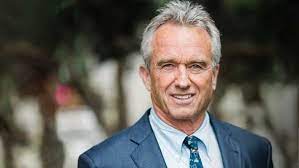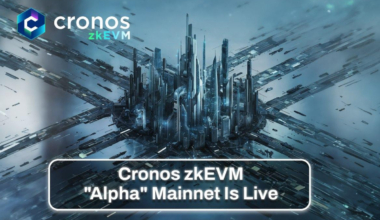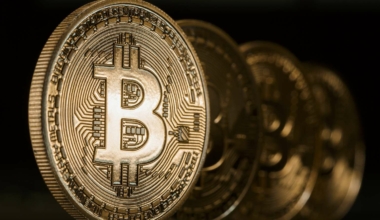Robert Kennedy Jr., a U.S. presidential candidate, has raised concerns about the Federal Reserve’s digital payments system, FedNow, and its potential impact on Bitcoin. Kennedy has suggested that the FedNow system could be the government’s first step towards banning Bitcoin in the U.S.
Although the Fed has said that FedNow would be restricted to interbank transactions at launch, Kennedy warned that this could change. He cited the example of the Treasury’s seizure of gold in 1933, suggesting that FedNow could be used to ban and seize Bitcoin in a similar way.
Kennedy’s warning comes amid a wider crackdown on the crypto industry in the U.S., which some have dubbed “operation chokepoint 2.0”. The law firm Cooper & Kirk has criticized this move, describing it as “unlawful, unconstitutional, and arbitrary”.
In addition to the threat to Bitcoin, Kennedy has also highlighted the dangers of Central Bank Digital Currencies (CBDCs). He believes that CBDCs could lead to financial slavery and political tyranny, as governments gain greater power to surveil citizens’ financial affairs.
Kennedy’s concerns about FedNow and CBDCs are part of his wider campaign to promote individual freedom and oppose government overreach. As a nephew of President John F. Kennedy and the son of U.S. Attorney General and New York Senator Robert F. Kennedy, he has a family history of political activism and has been involved in environmental and human rights causes.



